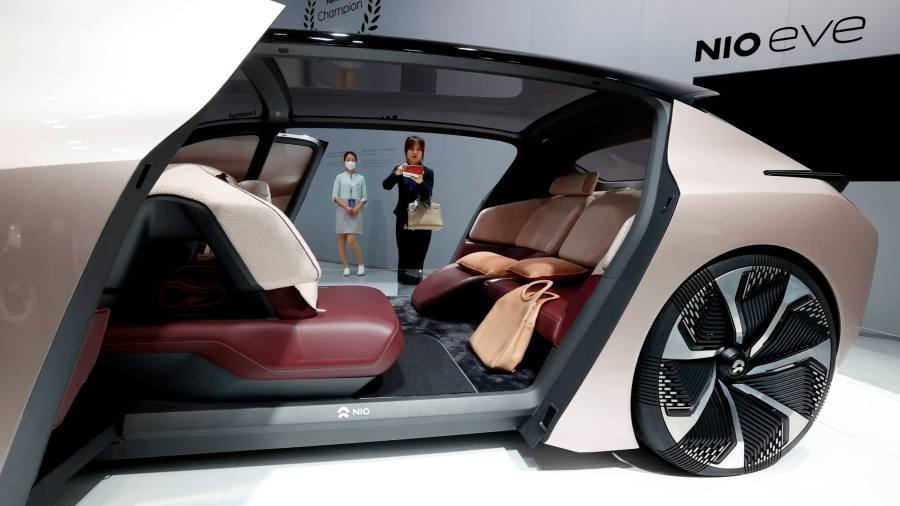When a market turns against you, how should businesses respond? This is the question being pondered with some urgency across the automotive boardrooms of the world.
The market is China, the world’s largest auto market. It was once the breadbasket of the industry, flush with a hugely profitable pool of newly-wealthy consumers, many of whom were eager to flaunt their status with a shiny Mercedes-Benz or Buick. The entry price for overseas carmakers — a technology-sharing joint venture with a local manufacturer — seemed worth every yuan.
But the tide has turned. The build quality of the Chinese brands have caught up with global nameplates, no doubt aided by the experience of running joint factories. And inside the vehicles, the technology — the key to unlocking the hearts of Chinese consumers — is now superior.
Whether the touch screen systems, the connectivity, or the batteries themselves, many of the Chinese-made models are now considered comparable, if not better.
Already, the difference is being felt at the showroom. While Volkswagen once accounted for almost one in five engine vehicles sold in China, its market share in electric vehicles is less than 5 per cent.
Others, from Nissan to General Motors, have faced similar drop-off rates. Nissan’s chief executive Makoto Uchida admitted last week that local brands were moving “much faster than we expected before”.
The question is how to respond. VW, a company so wedded to China it has a board member dedicated to the market, is doubling down. The group flew a host of executives out to the Shanghai auto show last month, where it unveiled a pledge to invest €15bn by 2024.
Ford this week laid out a different road. Chief executive Jim Farley told the Financial Times it would pursue a “lower investment, more focused” approach, paring back to commercial vehicles and keeping some other operations as a “listening post” on battery developments and consumer trends. The winners in electric vehicles are not, Farley warned, the western (or Japanese) carmakers, but new, local brands.
The move is a strategic one, made in the knowledge that carmakers have limited resources and a growing number of investment mouths to feed, from engines and batteries to software. Pouring money into a market that has decided it does not want your vehicles is imprudent.
But not every carmaker will be able to cut loose so easily. A decade ago Ford was the sixth largest player in the market. It has fallen to almost 20th, a decline that has paradoxically given it the ability to take this decision.
It is easier for Ford — or Stellantis, whose Peugeot and Citroën brands also struggle in the market — to dial back without offending the local ecosystem, than it is for others that are still deeply reliant on earnings from China. It is no surprise that Mercedes-Benz, which sells a third of its cars in the country, has said it is “unthinkable” to cut ties.
At the same time, ingratiate yourself too deeply and you risk marring international operations: German consumers and politicians are acutely aware of the rising geopolitical tensions pitting China and the west over the fate of Taiwan, and of the ways that their national auto champions have embraced the Chinese market so irreversibly.
Volkswagen’s annual meeting last week was disrupted by protesters because of the company’s involvement with a plant in Xinjiang, a region that is under scrutiny for its discrimination of the local Muslim population.
The business is small, with fewer than 250 people, and it is run by SAIC, the company’s Chinese joint-venture partner, VW’s chief financial officer Arno Antlitz told the FT auto summit the following day. But the link in the minds of global consumers, whether car buyers or protesters, is indelible.
Read the full article here




